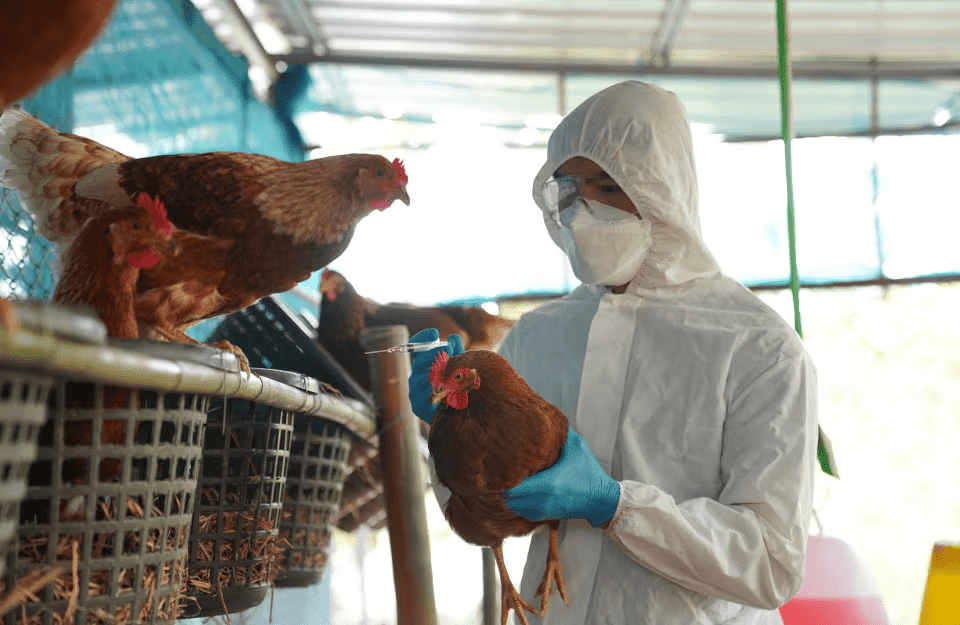MISSOURI — Health officials are sounding the alarm after a bird flu outbreak was confirmed across Missouri, with dozens of dead waterfowl and raptors found in multiple counties.
The Missouri Department of Conservation (MDC) confirmed on Friday that 11 birds tested positive for Highly Pathogenic Avian Influenza (HPAI) better known as bird flu with three more suspected cases under investigation.
St. Louis County has recorded the highest number of infections at seven, followed by Dunklin County with four, and St. Charles, Shelby, and Crawford counties with one each.
Conservation Health Section Chief Deb Hudman said officials are continuing to monitor the spread, warning that the virus is highly contagious among wild and domestic birds.
The virus spreads through contact with infected feces, saliva, or nasal discharge, and cases often spike in the fall migration season, when wild birds travel long distances and can easily pass the virus to farm poultry and livestock.
The announcement comes just one month after Missouri marked the first anniversary of its first human case of bird flu. Officials say the risk to the general public remains low, but they’re urging caution especially for those handling birds.
“HPAI infections in humans are rare,” the department said, advising anyone who experiences eye redness, respiratory issues, or fever after exposure to seek medical care immediately. Officials also stressed that it remains safe to eat properly handled and cooked poultry, as cooking meat to 165°F kills the virus.
Conservationists are now asking hunters and residents to help stop the spread. Hunters are urged to:
- Dress harvested birds away from other birds,
- Dispose of carcasses and waste properly, and
- Let all hunting gear dry completely between trips.
Residents are being asked to avoid touching dead birds, keep pets away from carcasses, and report sightings of dead geese, raptors, or other large birds to the Missouri Department of Conservation.
While health experts stress there’s no need for panic, the spike in infections is a worrying reminder of how quickly nature’s diseases can resurface especially when the weather turns cold and migratory season begins.
